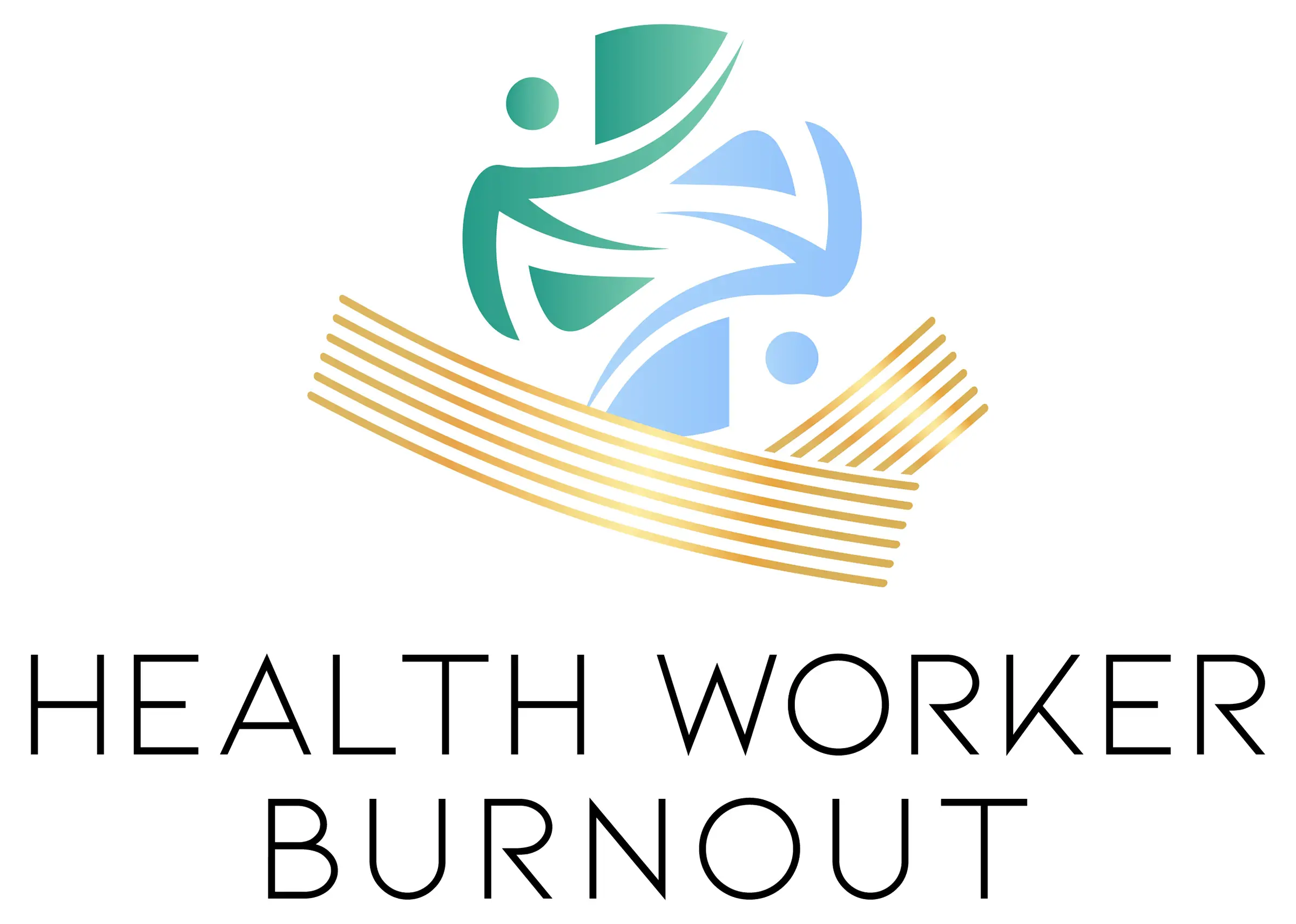Burnout syndrome, or chronic workplace stress, is a stress-related exhaustion that affects many industries, including the healthcare field. Burnout syndrome has a variety of symptoms, emotional and physical. But there is light at the end of the tunnel.
Life after burnout can vary depending on a worker’s age, health and other factors such as gender, race, and ethnicity. After burnout, a person has to recover and get back on their feet. This might mean forming new goals, forming new habits, finding a new job, a new career, or a spiritual path in life.
Recovery after burnout can vary per person. Just as there are many different causes of burnout, there are many other methods of healing. Keep reading to find out what your life could be like after burnout.
Life After Burnout Syndrome
When you finally bounce back from burnout, things may not be as they were before the burn out occurred. Someone who suffers from burnout is a victim – and full recovery takes time. How does someone know when it’s burnout and not just a bad string of days?
What Is Burnout Syndrome?
According to the World Health Organization, burnout is characterised by three dimensions:
- Fatigue. Burnout makes you feel depleted of energy on regular basis
- Depersonalization. It makes you feel distant from the job, or feelings of negativism or cynicism related to one’s job
- Reduction in productivity. It reduces your professional efficacy.
Those who experienced burnout may feel as though they have to rebuild their life from scratch; this may include rebuilding relationships, marriage counselling, therapy, family therapy, and job hunting.
What Are the Symptoms of Burnout Syndrome?
You may have noticed that these symptoms may not have only affected you but the people around you as well. Here are how the characteristics above may manifest themselves in your everyday life:
- Exhaustion
- Trouble sleeping
- Lack of care for work
- Every workday feels like a bad day
- A sense of restlessness and lack of control
- Feeling underappreciated or unrecognized
- Losing patience at work and at home
- Lowered immunity
- Loss of motivation
- Loss of appetite
- Feeling of defeat
You get the picture. Your body and your mind begin telling you that work has become an unhealthy experience for you. And when you recognize that, you are ready to begin recovery.
The Road to Rebuilding Your Life
The journey to recovery is just that – a path to embark on step-by-step. And not everyone takes the same road. But most victims of burnout will tell you that the following four steps are integral:
- Find the root. Determine the cause(s) of your burnout
- Eliminate the stressors. Find a way to reduce and manage the pressure.
- Plan a better way. Create a plan for avoiding build-up and burnout in the future
- Reinforce. Build your strength and resilience
Whatever recovery methods you take to go through these steps, when you do recover from burnout, you no longer feel exhausted every day, and you don’t have chest pain. You feel more focused and aware of your surroundings.
However, the road to recovery isn’t exactly over for you. Now it’s time to put the pieces of your life back together.
The road to recovery will be different for each person. The National Academy of Medicine (NAM) found that gender roles can also change burnouts’ effect. While we can’t know precisely how your recovery will be like, we can pinpoint a few things you might want to consider on your road to full recovery.
Things That Matter in Post-Burnout Life
Burnout is an obvious sign that something in your life is not working. Now would be an excellent time to take time to think about your goals and dreams.
Sometimes when we are working non-stop, we seem to put our dreams aside. Don’t do anything without questioning it first. Things to ask yourself may include:
- Did you feel like the work you were doing was suitable for your skills or interests?
- Did you have a good work/life balance?
- Were you able to spend time with your family?
- Were you able to be there for your kids?
- Were you able to take care of yourself physically, mentally, or spiritually?
Now that you recovered from burnout, this can be an opportunity to find what makes you happy. This allows you to form new goals that will be centered around the things that matter to you.
Things That Don’t Matter Post-Burnout
Sometimes the best kind of clarity we need is removing the things that don’t matter.
When we are recovering from burnout, we want to focus on what makes us happy, and that can help us improve.
This might mean getting rid of social media apps like Facebook, Twitter, Snapchat, or Instagram. Ask yourself:
- Does this activity make me happy?
- Does it help alleviate stress?
- Is this activity helping to improve my life positively?
If you’re a workaholic, then it might be tempting to start taking on new tasks once you no longer feel burned out. However, it’s important to remember what caused you to burnout in the first place.
Make No Your New Favorite
If possible, don’t take on any new responsibilities while you’re still recovering from the burnout. It’s okay to say “NO” to tasks that don’t contribute to your recovery.
Set boundaries. Remind yourself that saying “NO” allows you to say “YES” to the commitments you want to make and goals that you want to accomplish.
Saying “NO” doesn’t make you uncooperative or not a team player. It makes you a stronger part of the whole because you are prioritizing and dedicating full energy where you can say “YES.”
Developing Good, Healthy Habits After Burnout
One of the best ways to make sure you never experience burnout again is by developing good habits.
- Get creative. Find new hobbies, resume old hobbies, join a social club, join a music club, start a new project, grab a paintbrush, and start painting. The goal is to find activities that make you happy and separate you from work.
- Practice being positive. Burnout can cause you to think negatively. Negative thinking is known to upset our body, damage our immune system, and if we always think negatively, it decreases our lifespan. You can prevent this by learning how to think positively.
When you’re recovering from burnout, it might be hard to think positive. Sonja Lyubomirsky, a distinguished professor who spent most of her research career devoted to studying human happiness, says 40% of individual happiness is intentional.
Some Tips for Introducing Healthy Habits
Some of the things you can do to help yourself to think positively:
- Daily affirmations. Making positive statements about your future can help reinforce positive thinking.
- Be grateful. Making a list of 2-3 things you are thankful for daily can help you appreciate the things you do have in life.
- Carry out acts of kindness. People who carry out acts of kindness like cooking for someone else, donating to charity, volunteer work, reported improvements in their happiness levels.
If You Love Your Job, You Can Find Ways to Stay
Should you leave your current occupation? Maybe not. Here are a few things to consider:
- Do you love what you are currently doing for work?
- Do you feel like your time is being well spent at your job?
- Do you leave work feeling accomplished?
- Are you in a position to leave your current job for something you love?
Not all of us want or can leave our current occupations. Even so, that doesn’t mean that you have to come to work every day feeling miserable. You may be in the perfect career for yourself – you may just need to learn how to manage it better and take better care of yourself.
How to Keep Burnout Out of Your Life
Here are some things you can do to feel happier at work and prevent going back into burnout:
- Find value in your work and acknowledge it. Remember what you love about your work and why you chose it. Engage in the activities that remind you of that and allow yourself to feel satisfaction for the good you are doing.
- Maintain a good work/life balance. It’s not healthy for anyone to work non-stop. It’s essential to set time for yourself and enjoy the things life has to offer. These could be hobbies you enjoy doing, like fishing, biking, playing sports, or playing video games.
- Make friends at work. Having friends at work can help remove the stress of working the same high demanding or monotonous job every day. Having someone you can joke and laugh with helps lighten the mood at work and enables you to get through the day.
- Take time off. Sometimes we need to catch a break, and that’s okay! Use your sick time, go on vacation, anything that helps you de-stress and prevent any future burnouts. Use your time away from the job to disconnect, recharge, and do the things you enjoy.
- Keep your healthy habits. Don’t slack off once you feel better. Make sure to maintain those positive habits that helped you during recovery. They will continue to work in your favor.
Conclusion
A full recovery from burnout will take time. For some people, it might take weeks, months, or even years. It is all dependent on how severe the burnout was. Even so, by forming new goals, creating new habits, finding a new job, or finding new friends, your life after burnout syndrome will start moving in the right direction.
Content Disclaimer
The information contained above is provided for information purposes only. The contents of this Blog article are not intended to amount to advice, and you should not rely on any of the contents of this Blog article. Professional advice should be obtained before taking or refraining from taking any action as a result of the contents of this Blog article. HealthWorkerBurnout.com disclaims all liability and responsibility arising from any reliance placed on any of the contents of this Blog article.
Sources:
https://www.takingcharge.csh.umn.edu/how-do-thoughts-and-emotions-affect-health
https://www.lifehack.org/articles/communication/tips-help-you-think-more-positively.html
https://www.who.int/bulletin/volumes/97/9/19-020919/en/
https://www.aha.org/news/blog/2020-10-20-we-need-talk-about-burnout-same-way-we-talk-about-benefits
https://hbr.org/2017/12/to-recover-from-burnout-regain-your-sense-of-control
https://www.psychologytoday.com/us/blog/high-octane-women/201104/overcoming-burnout


3 comments